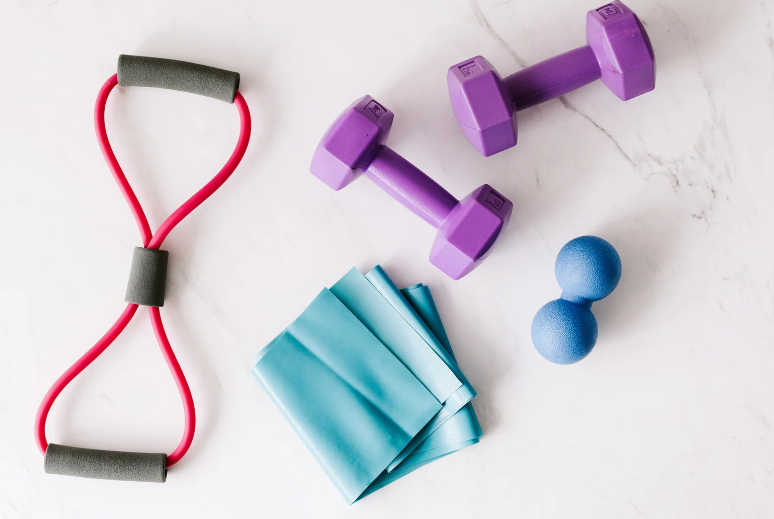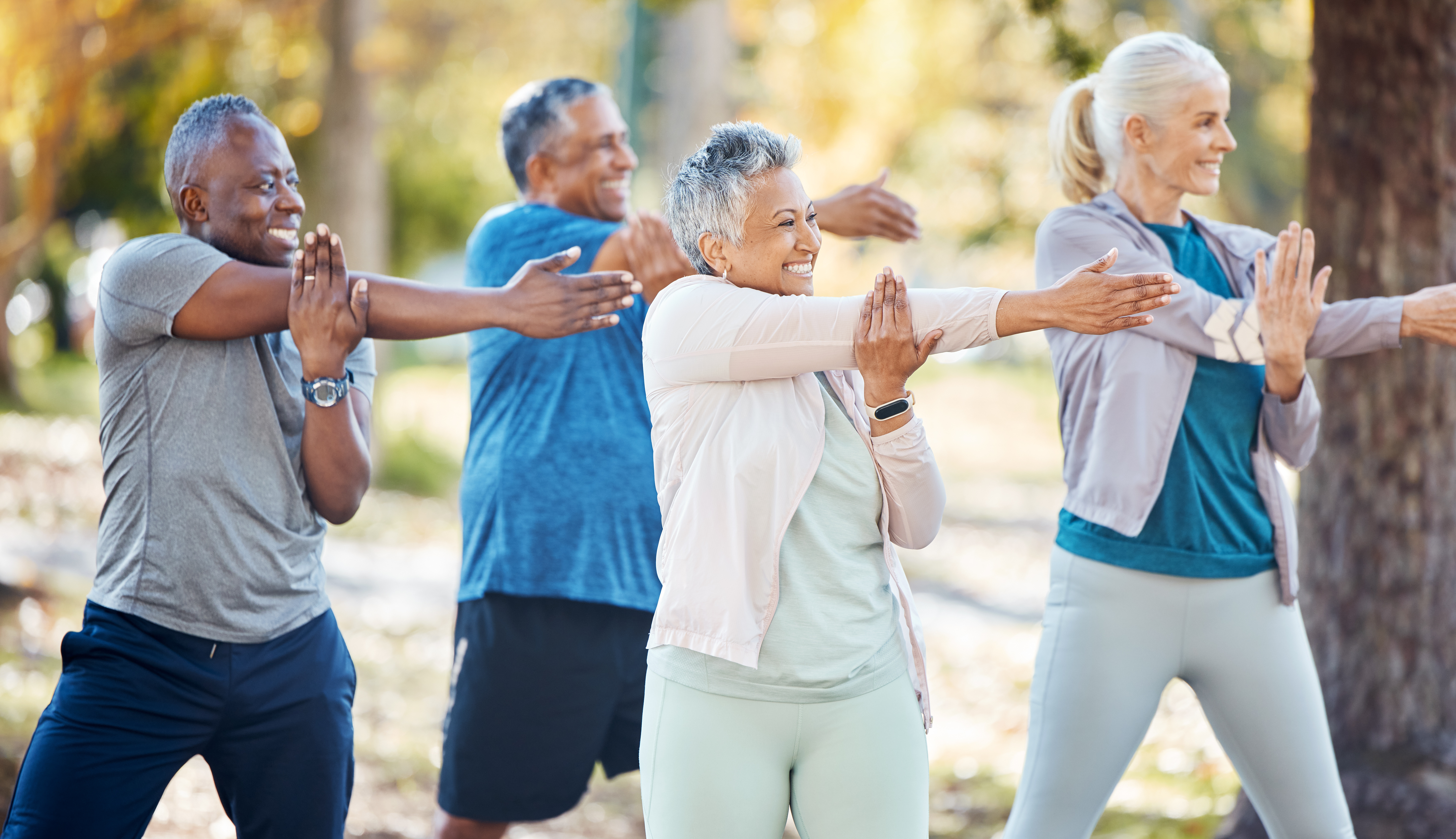When you work out, a few things probably run through your mind: changing your body composition, burning calories, building more muscle and strengthening your cardiovascular system. But did you know that there is one body part that most of us neglect to think about in terms of exercise? This specific organ helps you do, well, everything! What is it?
Your brain.
Researchers have much more to learn about the brain, but over the last decade scientists have learned quite a bit about the effects of exercise on the brain—both physical and intellectual. It turns out that by exercising regularly and "training your brain," you can boost your brain power just like physical activity can strengthen your muscles.
The Link Between Working Out and Brain Power
One study published in Proceedings of the National Academy of Sciences found that regular sweat sessions can increase the size of a region of the brain called the hippocampus—a part of the brain that begins to decline around age 30 in most adults. The hippocampus is tucked deep in the brain and plays an important role in learning and memory. According to researchers, a larger hippocampus is associated with better performance on spatial reasoning and other cognitive tasks.
Another study in Neurology showed that exercise may help slow brain shrinkage in people with early Alzheimer’s disease. In the study, adults diagnosed with early Alzheimer’s who were less physically fit had four times more brain shrinkage than normal older adults. A study from the journal Brain Research found an association between physical fitness and children's brain power, too. In the study, researchers found that, on average, fit 9- and 10-year-old children had larger hippocampi and performed better on memory tests than their more sedentary peers.
How Exercise Helps the Brain
Here are a few more ways that exercise boosts brain power, according to AARP.
- It improves concentration and attention. When you're fit, you have faster reaction times and can better focus on relevant information.
- It promotes neurogenesis. Although it hasn't been proven in humans, animals that are given the opportunity to run on exercise wheels have shown increases in the creation and survival of new brain cells in the hippocampus.
- It may improve memory. In animals, running also increases the strength of synaptic connections, thereby improving long-term memory.
- It reduces gray-matter loss. Fit people show less of a decrease in gray matter than is normally seen with aging.
- It changes gene patterns. Exercise changes the expression patterns of a wide array of genes, with some becoming more active and some showing less activity. Many of the genes that become more active are known to play roles in the structure and adaptability of synapses, suggesting a direct role for exercise in synapse density.
- It enhances blood flow. Exercise also increases the density and size of brain capillaries, which increases blood flow and oxygen to the brain. This may in turn help support the survival of new neurons and help your neurons fire more quickly.
The Research on "Brain Exercise"
It may seem weird, but you really can develop a plan to exercise your brain, similar to the way lifting weights increases your muscle strength. Instead of weight-training though, you train your brain to improve its attention and focus through a variety of mind exercises. Over time this allows you to better block out distractions and improve concentration.
In fact, researchers at the Wake Forest University Baptist Medical Center found that "attention training," such as regularly doing crossword puzzles or Sudoku, can help keep older adults' minds young. The Brain Fitness in Older Adults (B-fit) study used brain scans to visualize blood flow and brain activity to determine how this type of training affects brain function. In the study, the training involved either a structured one-on-one mental workout program or a group brain exercise program. In the one-on-one sessions, subjects were asked to ignore distracting information as tasks got harder during the eight-week training. For the group sessions, participants learned new information relevant to healthy aging and were tested on their ability to apply the new information. Follow-up brain scans showed that in the group receiving the one-on-one training, activity related to sight was increased, while activity related to sound was decreased. In addition, performance on the task was improved. Basically, the one-on-one training allowed the older adults to better focus. Just like the old saying says, "Practice makes perfect!"
Your Brain-Building Plan
So, just how do you use this information to reap your own brain-boosting benefits? Try these great ideas to start exercising your own brain.
1. Read something new every day. Challenge your brain by reading an article (like this one!) on something you aren't familiar with, or try reading a different type of literature like a poem or Shakespeare.
2. Get trivial. Once a week, get together with your friends and play Trivial Pursuit or another trivia-based game. Remembering historical facts or pop culture tidbits can help work that brain of yours in new ways! You can even try each day!
3. Eat brain-feeding foods. Nosh regularly on foods that are high in healthy fats, such as walnuts or salmon, both of which contain essential . Not only are they good for you, they're tasty too!
4. Keep up with your workouts! In many of the brain research studies, those who were the most fit reaped the most brain benefits, so keep exercising regularly and challenging your body.
5. De-stress regularly. Your brain can be negatively affected by stress, and studies performed at Harvard and Massachusetts General Hospital found that regular and practice can increase the size of the hippocampus.
6. Hit the hay early and often. Studies have found that you need an average of eight hours of sleep a night for optimal brain function. It's also really good for your overall health and fitness—not to mention your mood!
7. Play mind games. Whether it's a crossword puzzle, Soduku or Scrabble, engage your brain in some play most days of the week. And try to mix up your games. Just like building muscles, your brain will adapt as it grows stronger in one skill, so you have to keep challenging it in new ways. Now that's some food for thought!












